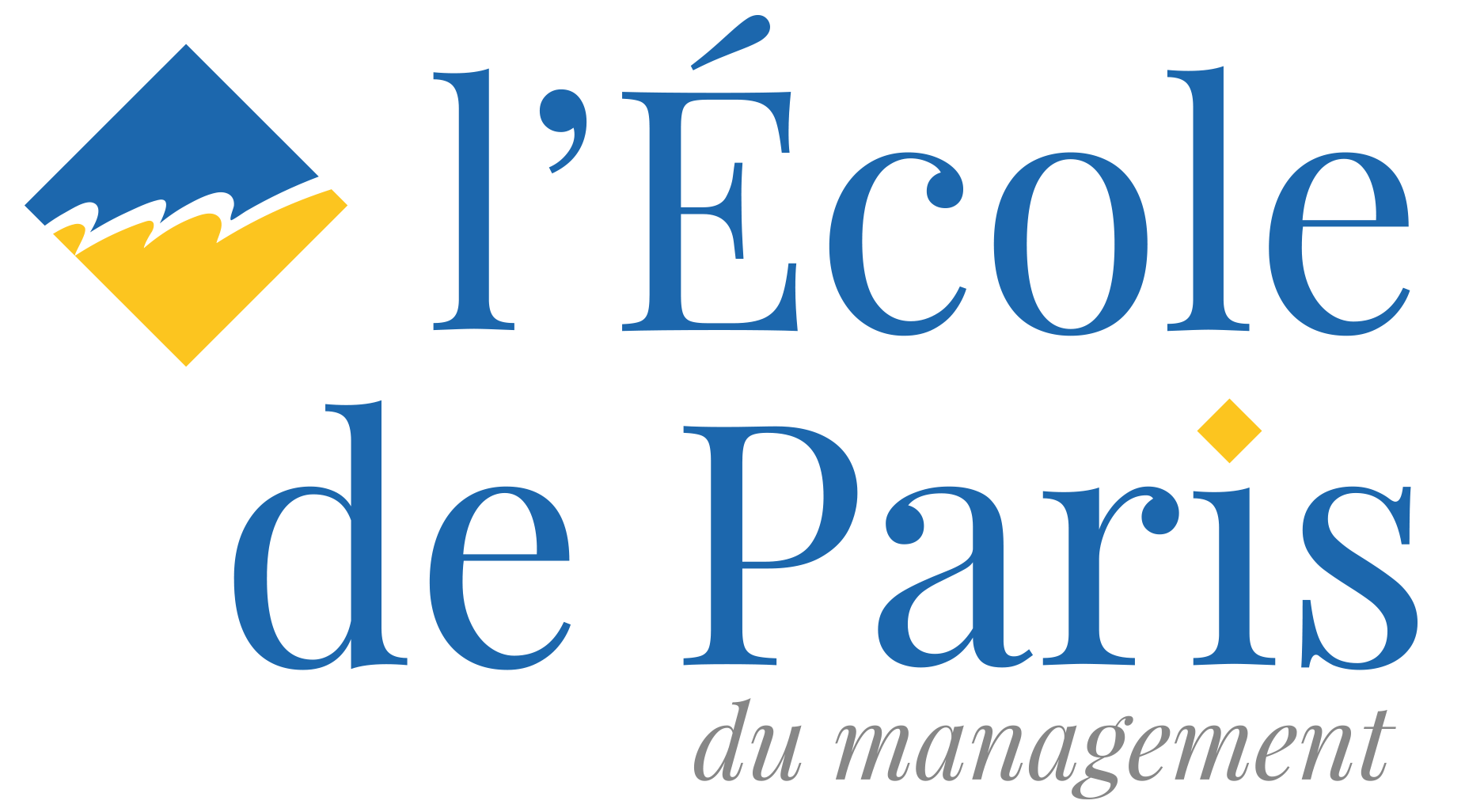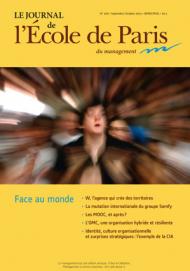The CIA: identity, organisational culture and strategic suprises
Philippe SILBERZAHN
Professor, EMLYON Business School; Research fellow, CRG École polytechnique, Co-author (with Milo Jones), Constructing Cassandra: reframing intelligence failure at the CIA, 1947-2001 (pub. Stanford, 2013)
Seminar Business life | Friday April 4, 2014 - 9h30 - 12h
The Cuban missile crisis, the Iranian revolution, the collapse of the USSR, and September 11th are examples in a long list of the CIA’s intelligence failures. How could the intelligence agency of the world’s most powerful country allow itself to be surprised, and commit so many errors of judgement about subjects which were so important? Philippe Silberzahn suggests that in order to understand this we have to look at the past when choices were made regarding which problems to deal with, and all the elements of a rigid, organisational culture characterised by prejudices and tunnel vision skewed rational opinions and distorted assumptions. At a time when companies dream about ways in which they can control the uncertainties of their business environment, lessons learnt from the failures of American intelligence may prove to be very useful.
The entire article was written by:
Pascal LEFEBVRE



No comments yet